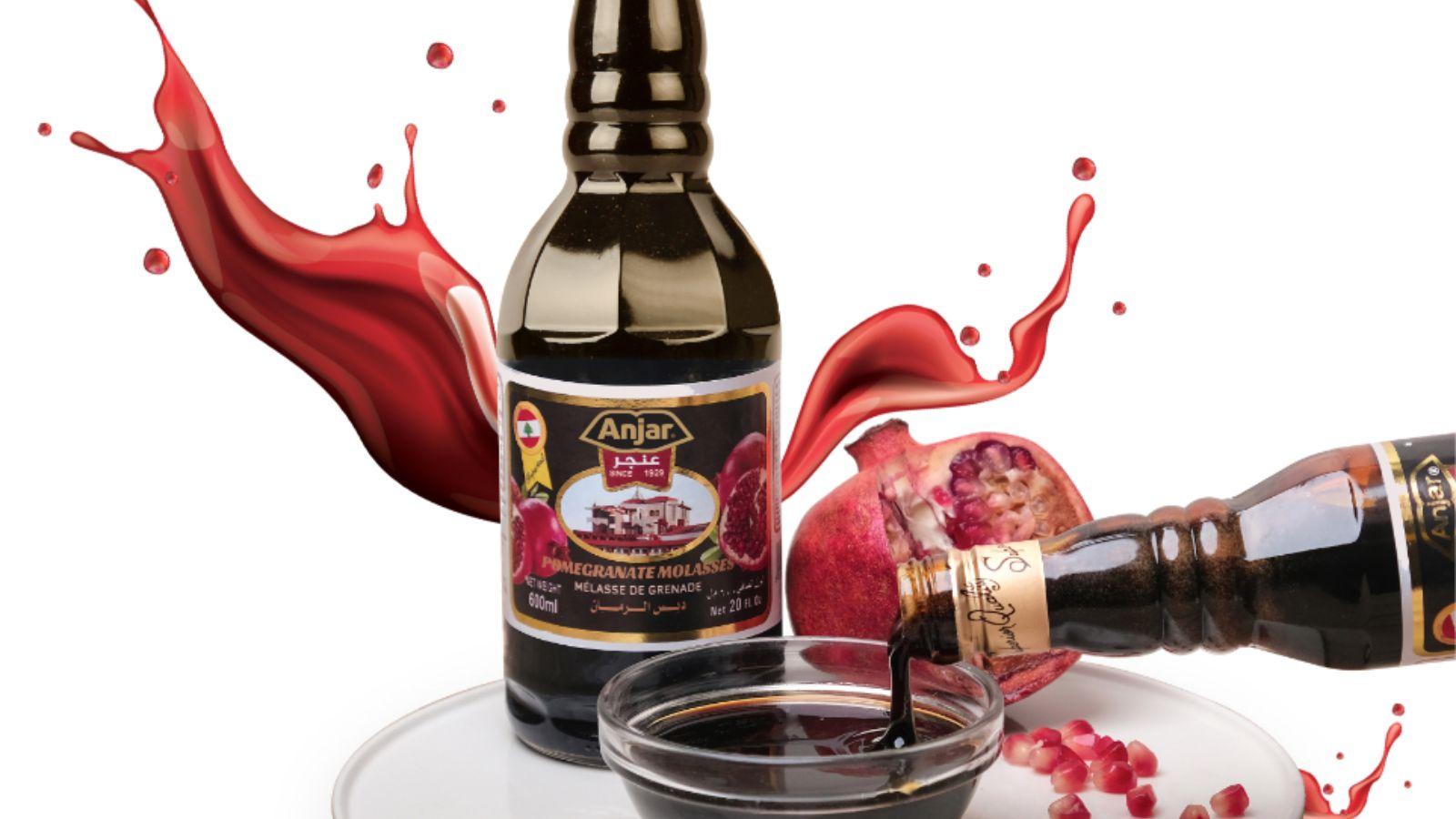What Are Molasses?

Mysteries surround molasses; the rich, dark sweetener with a history stretching back to ancient cultures. Today, it's a staple in health-conscious pantries, a specialty in organic baking, an enigma in traditional Lebanese cuisine, and a delight for the discerning palate. If you've been wanting to demystify molasses and discover its charms, this blog is here to serve up all the sticky details.
Molasses, a syrupy byproduct of sugar-making, comes from sugarcane or sugar beets. In this exploration, we'll dig deep into what molasses is and how it's made. We'll uncover its nutritional goodness, explore its versatile uses in the kitchen, and even guide you in choosing the perfect molasses for your culinary adventures.
What Exactly Are Molasses?
Molasses are a sweet, viscous substance left over from sugar extraction. Once the pure canes or beets are crushed and the juices extracted, they are boiled down to concentrate the sugars, resulting in molasses. This process can be repeated several times, yielding various grades of molasses—light, dark, and blackstrap—all with distinct flavors and nutrient profiles.
Light Molasses:
Produced from the first boiling of the sugarcane juice, it's the lightest and sweetest form of molasses with a mild flavor.
Dark Molasses:
Made from the second boiling process, it's less sweet than light molasses and has a richer, more robust flavor.
Blackstrap Molasses:
After the third round of boiling, blackstrap molasses is the most concentrated and least sweet of the three, with a deep, slightly bitter taste and the highest nutrient content.
The Journey Making of Molasses
The production process of molasses is intricately linked to the refinement of sugar and has a rich, cultural legacy. When the sugarcane or sugar beet juice is boiled, sugars crystallize, and molasses are left behind. Beyond this sweet residue, molasses have been utilized in various ways historically, such as in the production of rum and as a flavoring agent. In the sugar industry, molasses play a crucial role in separating the sucrose crystals from other components like proteins and fibers. It is made during the sugar production process and holds many of the nutrients that are removed as the sugar is further purified.
The Nutritional Powerhouse in Molasses
Molasses may be known for their sweetness, but their nutritional profile is a quietly guarded secret. Packed with essential vitamins and minerals, molasses are more than sugar's sidekick—it's a sweetener with substance.
Vitamins and Minerals:
Molasses are abundant in vital nutrients such as iron, calcium, magnesium, and vitamin B6. These nutrients are essential for various bodily functions, from bone health to energy metabolism.
Antioxidants:
The darker the molasses, the higher the antioxidant levels. Antioxidants are known to help combat oxidative stress in the body, potentially reducing the risk of chronic diseases.
Iron Boost for Anemia:
For those with anemia, molasses can serve as a natural iron supplement. Its iron-rich nature supports blood formation and can be particularly beneficial for vegetarians and women during menstruation or pregnancy.
Exploring Sweet Molasses
Beyond the traditional sugarcane and sugar beet molasses, the culinary world embraces other delightful varieties like grape, dates, carob, and pomegranate molasses. Each brings a unique flavor and nutrient profile to the table.
Grape Molasses:
Crafted from the reduction of grape juice without any added sugar, grape molasses are a natural sweetener with a thick consistency and deep, fruity flavor. This type of molasses is packed with the antioxidants found in grapes, making it a healthier alternative to refined sugar in baking and cooking.
Pomegranate Molasses:
Pomegranate molasses, renowned for its tangy and slightly sweet taste, is made by reducing pomegranate juice into a thick syrup. It's a staple in Middle Eastern cuisine, used to enhance the flavors of salads, meats, and sauces. Besides adding a burst of flavor, it's also valued for its high levels of antioxidants and Vitamin C, contributing to overall wellness.
Date Molasses:
Another exquisite variety enriching the world of natural sweeteners is date molasses. Derived from the dense, sweet nectar of dates, this molasses is created by cooking down the juice of these fruits until it achieves a thick, syrupy consistency. Its flavor is distinctively warm and rich, with a deep caramel-like sweetness that adds complexity to dishes and desserts alike. Nutritionally, date molasses is no slouch either; it's a good source of essential nutrients including potassium, magnesium, and antioxidants, making it a healthier sweetener option. Predominantly used in Middle Eastern cuisine, date molasses can be drizzled over pancakes, used in the baking of bread and cakes, or incorporated into savory dishes for a touch of natural sweetness.
Lebanese Culinary Uses of Molasses
Lebanese molasses, particularly grape and carob varieties, hold a cherished place in Lebanese cuisine, blending centuries-old culinary traditions with the rich agricultural heritage of the region.
- Desserts: Grape molasses, derived from concentrated grape juice, imparts a fruit-forward sweetness to desserts such as the iconic "mouhalabieh," a Lebanese milk pudding.
- Dips and Spreads: Carob molasses, with its distinct, slightly bitter undertone, is commonly paired with tahini in a traditional dip or spread savored with bread.
- Marinades: Beyond desserts, these molasses serve as innovative bases for marinades, giving meats and vegetables a unique, caramelized flavor when roasted or grilled.
- Salad Dressings: In salad dressings, their natural sweetness balances the acidity of vinegar and citrus, enhancing the fresh, vibrant flavors of Mediterranean salads.
- Beverages: Lebanese bartenders and home cooks alike incorporate these molasses into beverages, crafting cocktails and non-alcoholic drinks with layers of complex, sweet, and tangy notes.
A Final Scoop on Molasses
Molasses is not just a pantry staple; it's a nutrient-rich, versatile ingredient that can take your cooking, health, and understanding of sweeteners to the next level. Whether you're savoring it in a steaming cup of spiced chai on a chilly evening or using it to craft a delectable sweet and sour sauce for your next dinner, molasses bring depth and history to every dish. It's the little details like this that make the world of food so rich and fascinating. And the more you learn, the tastier that world becomes.
Gather your ingredients and start your molasses adventure today!


